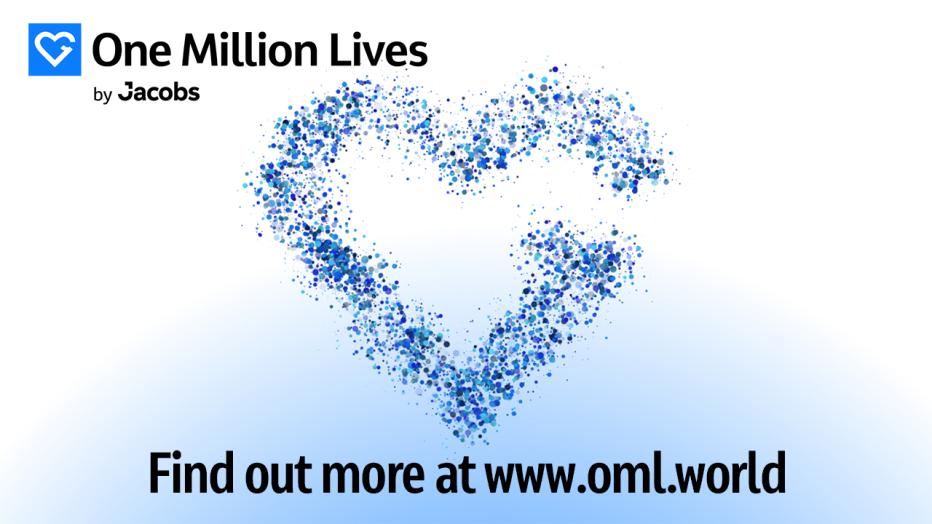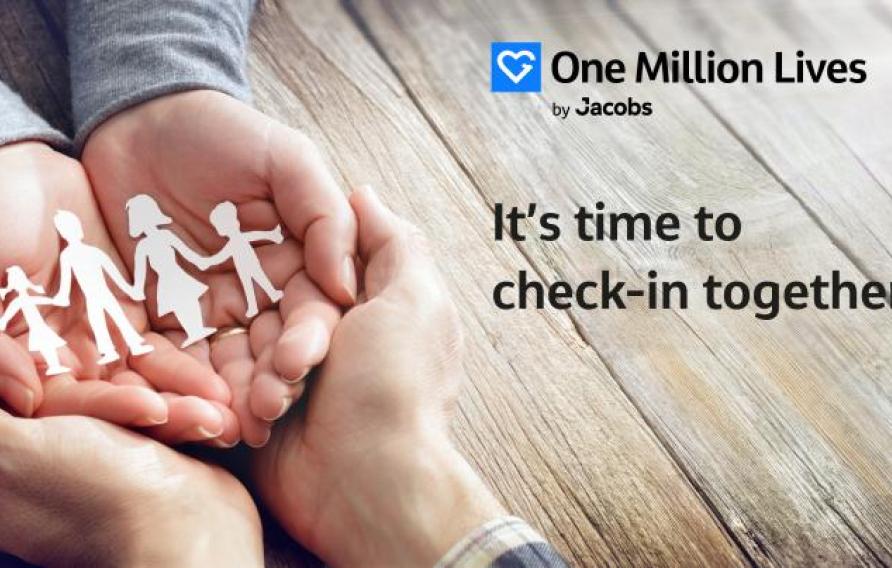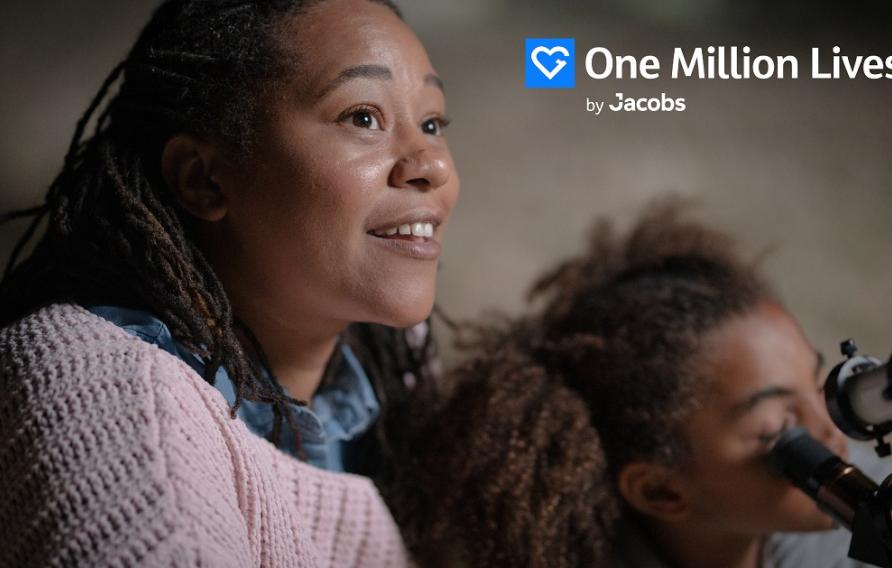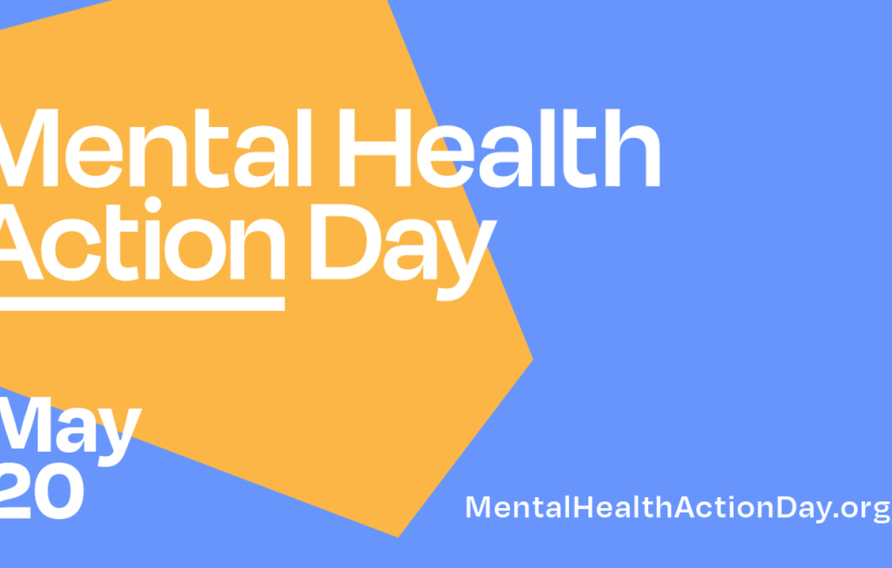




As a purpose-led company, we know we have a pivotal role to play in addressing the climate emergency. We consider this not only good business, but our duty to channel our technology-enabled expertise and capabilities toward benefitting people and the planet.



We work in partnership, delivering some of the most challenging, diverse and innovative projects and programs globally across multiple sectors. We integrate complex interfaces across planning, procurement and delivery to help unlock better social, environmental and economic outcomes from mega and giga projects.



For more than 30 years, Jacobs has been responsible for planning and implementing Lead and Copper Rule-related strategies which protect millions of people in the U.S. and Canada. Our work includes enhanced water quality monitoring strategies, sampling plan development, harvested pipe-scale analysis, lead service line inventories and replacement plans, corrosion control studies and the incorporation of equity and environmental justice considerations into compliance programs.



As our clients navigate the digital transformation and growing cyber risks, we have positioned ourselves at the forefront of this growth, adding digital capabilities, products and tools to serve a growing set of customers.



Sit down with our visionary team of thinkers, dreamers and doers to see what a day in the life is like.



A curated selection of some of the top-listened to and trending podcast episodes from our popular If/When podcast series, which has over 7M downloads to date.



Together with our visionary partner, PA Consulting, we're establishing our position in high end advisory services, creating a springboard to expand in high value offerings beyond the core.


At Jacobs, we're challenging today to reinvent tomorrow by solving the world's most critical problems for thriving cities, resilient environments, mission-critical outcomes, operational advancement, scientific discovery and cutting-edge manufacturing, turning abstract ideas into realities that transform the world for good. With approximately $16 billion in annual revenue and a talent force of more than 60,000, Jacobs provides a full spectrum of professional services including consulting, technical, scientific and project delivery for the government and private sector.



Jacobs. A world where you can.



As climate change threatens water security around the world, more communities are turning to water reuse as a resilient water supply solution and embracing the OneWater principle that all water has value. Jacobs has been supporting clients with water reuse programs for decades, beginning with the first applications of advanced wastewater treatment technologies in the 1960s. We provide our clients with a full range of services, from water reuse feasibility studies to design, construction and operations.



The only certainty about the future is uncertainty. Resilience is an attribute of a smarter planet, and requires planning and adapting ahead of potential threats. We help our clients survive, recover, adapt and thrive.



Jacobs is working to help clients across the United States secure federal funding for projects that make our cities and communities more connected and sustainable. Working hand-in-hand with clients from coast to coast and everywhere in between, Jacobs develops bold, innovative solutions to address the nation’s toughest challenges.



Now more than ever, we appreciate the hard work, sacrifice and dedication of the medical profession in ensuring the health and safety of our communities.



Together, we are stronger. Together, we can transform the future.



We’ve provided design-build services to the water sector for over 25 years and delivered more than 150 projects. We offer fully integrated design-build and design-build-operate capabilities to tackle the most complex water challenges and work in close collaboration with our clients.



Stories that capture our partnerships and innovative impact for a more connected, sustainable world



2020 was a difficult year for many, and with the ongoing COVID-19 pandemic, political and civil unrest and other global and personal challenges, it’s clear that 2021 will continue to test our mental health. The following tips can help you build resilience to strengthen your capacity to deal with difficult situations, better cope with stress and face an uncertain future with more confidence.
If you are struggling or suspect you are suffering from any mental health or other medical conditions, please seek immediate help from your doctor, local health service or visit https:// www.oml.world/needhelpnow to find services in your location. All services are confidential, free to use and available 24/7.


On World Suicide Prevention Day this year’s theme is ‘Creating Hope Through Action’. Read more about how One Million Lives is working with partners like R;pple to take action and help people online find hope and support through R;pple’s new browser extension, which aims to help prevent self-harm and suicide.


Jacobs, in collaboration with global mental health professionals, has developed One Million Lives – a free mental health check-in tool to enhance users' understanding of their current state of mind and provide proactive strategies for personal mental health development. Since launching, the new tool has already been accessed by users to make more than 3,000 check-ins. By regularly completing a check-in, via the web-based app, users will ideally be better equipped to understand how they are currently coping, assess the early indicators of associated mental health challenges, start positive and active conversations and get support much earlier.


We’re promoting and celebrating resilience by sponsoring four submariners to take on the world’s toughest rowing challenge.


“Can you believe the year is almost over?!” is a common phrase heard throughout November. As we enter the final six weeks of 2021, many of us may be feeling fatigued after a long year and starting to stress about closing out our 2021 targets, the upcoming holiday season or making plans for the new year.


Jacobs is proud to be a founding partner of Mental Health Action Day, a new movement with a mission to empower people to take action for mental health – no matter where we are in our mental health journey. Find out how you can take action in this article.